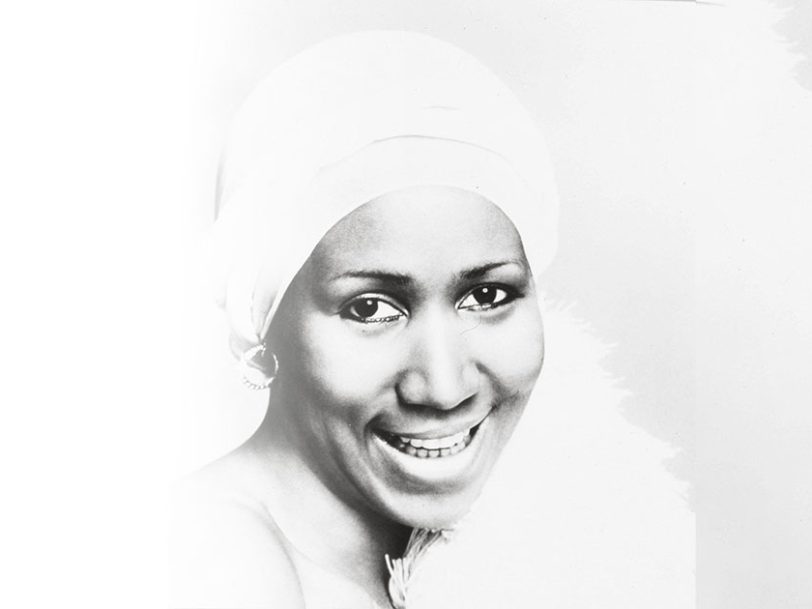When the words “concept album” are used, they tend to evoke images of prog rock’s expansive fantasias. But Black music of the 60s and the 70s was also alert to the possibilities of lyrical and compositional unity: Marvin Gaye, Stevie Wonder and Parliament/Funkadelic all explored this territory. And so did Aretha Franklin, whose powerful yet subtle meditation on contemporary Black womanhood is explored to its fullest – and most conceptually complete – on 1970’s Spirit In The Dark album.
Listen to ‘Spirit In The Dark’ here.
“We all did it together with a certain approach”
Aretha drew from her own songwriting, the lyrics of her sister Carolyn Franklin, and other powerful Black contemporary writers to build a picture of how the personal and political are always intertwined. She dug deep into her own past as a young woman; she explored a recent unhappy relationship; and she looked to a liberated future with a new partner and a new child. “Spirit In The Dark was an album that had its own cohesion, because we did it all together with a certain approach,” producer Jerry Wexler has reflected, adding that it was one of a few Aretha Franklin albums that “were really what you would call ‘concept albums’”.
Franklin had, so far, fit a lot into her few short years at Atlantic Records. There had been the statement of intent that was the I Never Loved A Man The Way I Love You album, the enormous Soul ’69, and the near-flawless Aretha Now. Atlantic had offered her the space to develop as a fully rounded artist, composer and pianist, as well as showcasing that superlative voice. By the time of Spirit In The Dark, Franklin felt comfortable and secure in both her success and the trust Atlantic placed in her decisions.




